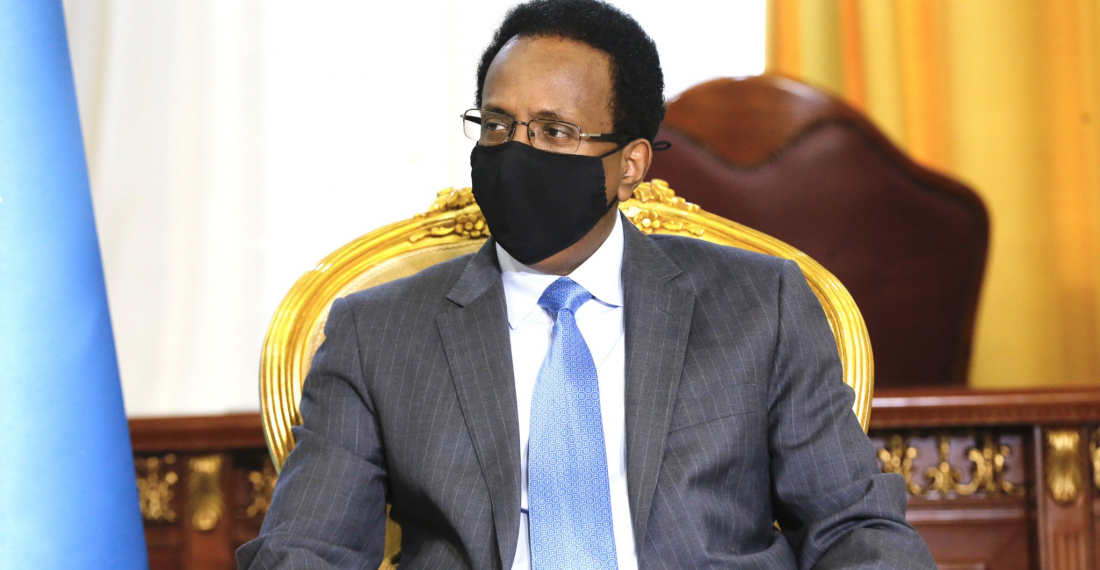Leaders of Somalia's federal government will meet this Sunday (21 March) with the leaders of the federal member states to discuss disputes around the electoral process, according to Somali website Garowe Online. Heads of the federal states are already engaging in meetings with foreign ambassadors in Mogadishu, it said.
Pressure from international partners has succeeded to bring the Somali political stakeholders together to seek a consensus on the electoral process.
Puntland and Jubaland demanded that the opposition be included in the elections but president Mohamed Abdullahi Farmaajo refused. Opposition parties have since accused the president of undermining the electoral process. The parties still show no compromise in their positions amid uncertainty regarding Sunday's meeting.
The president continues serving despite the fact that his term expired last February when the country failed to hold elections for a new president and parliament.
Activists have previously staged demonstrations against the delay in the holding of elections and there are calls for further demonstrations against the federal government on social media.
Last week, the UN Security Council urged the authorities to hold elections "without further delay." The Security Council also renewed the mandate of the African Union's mission to Somalia (AMISOM).






